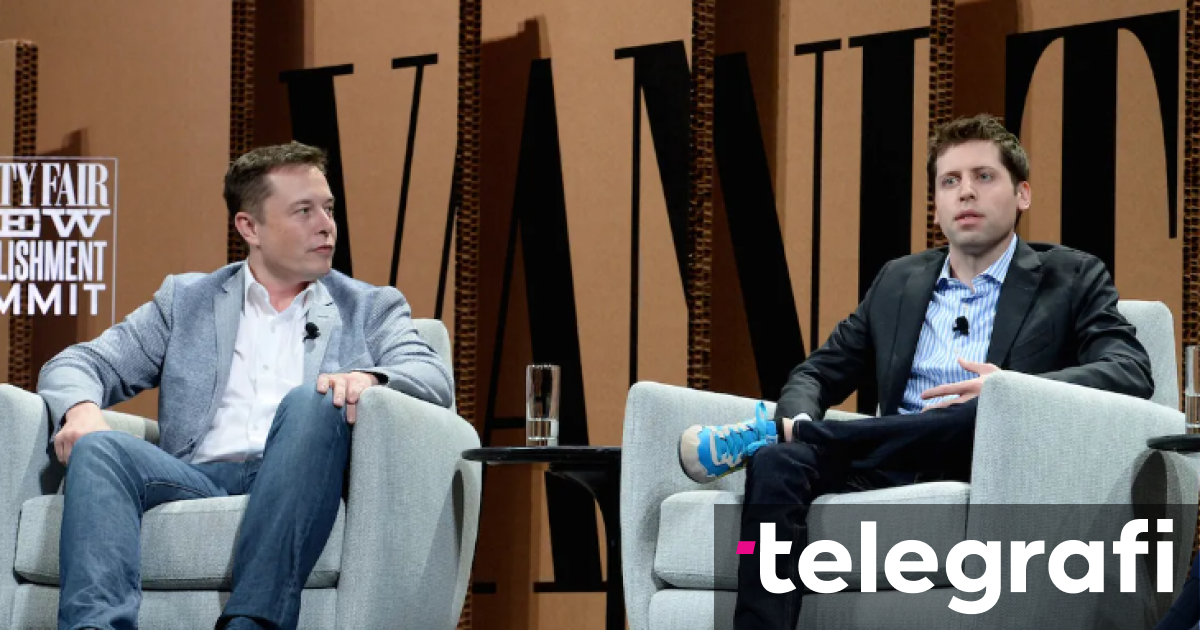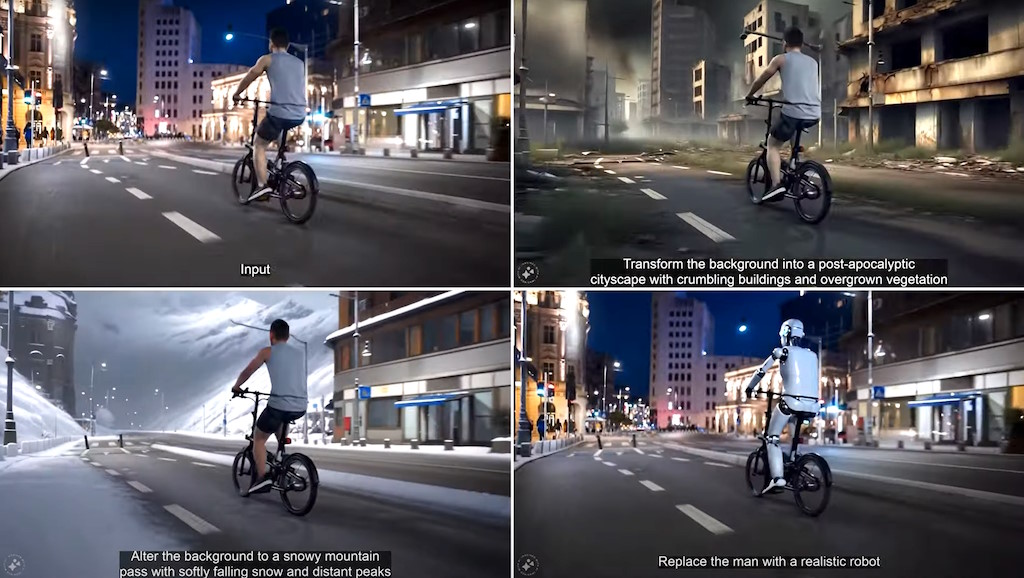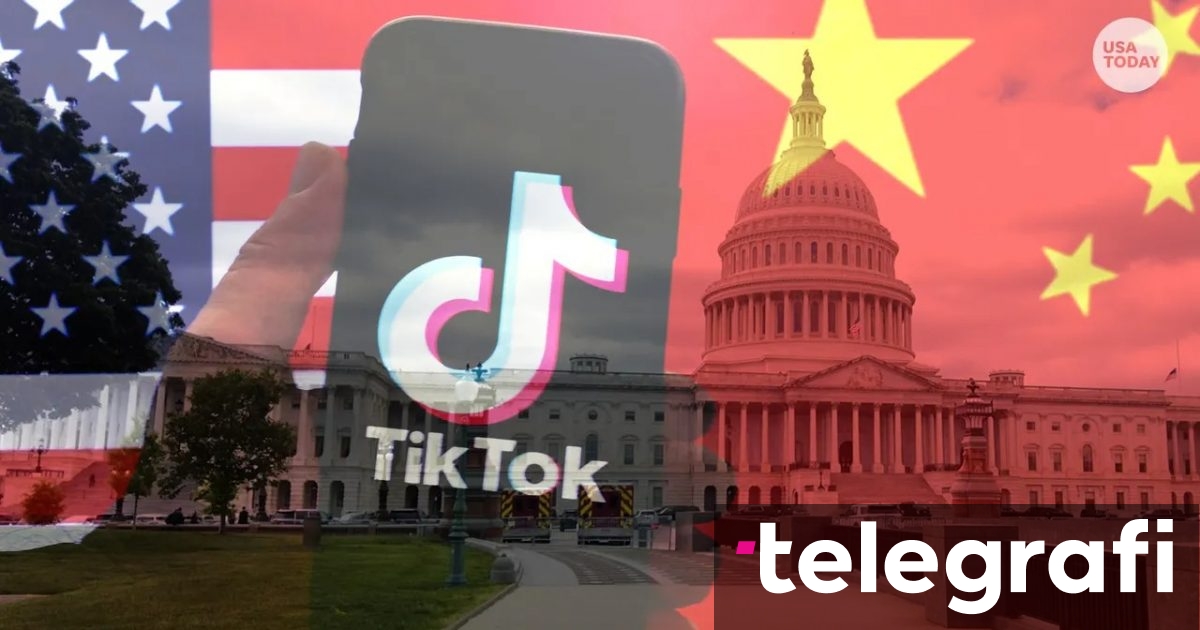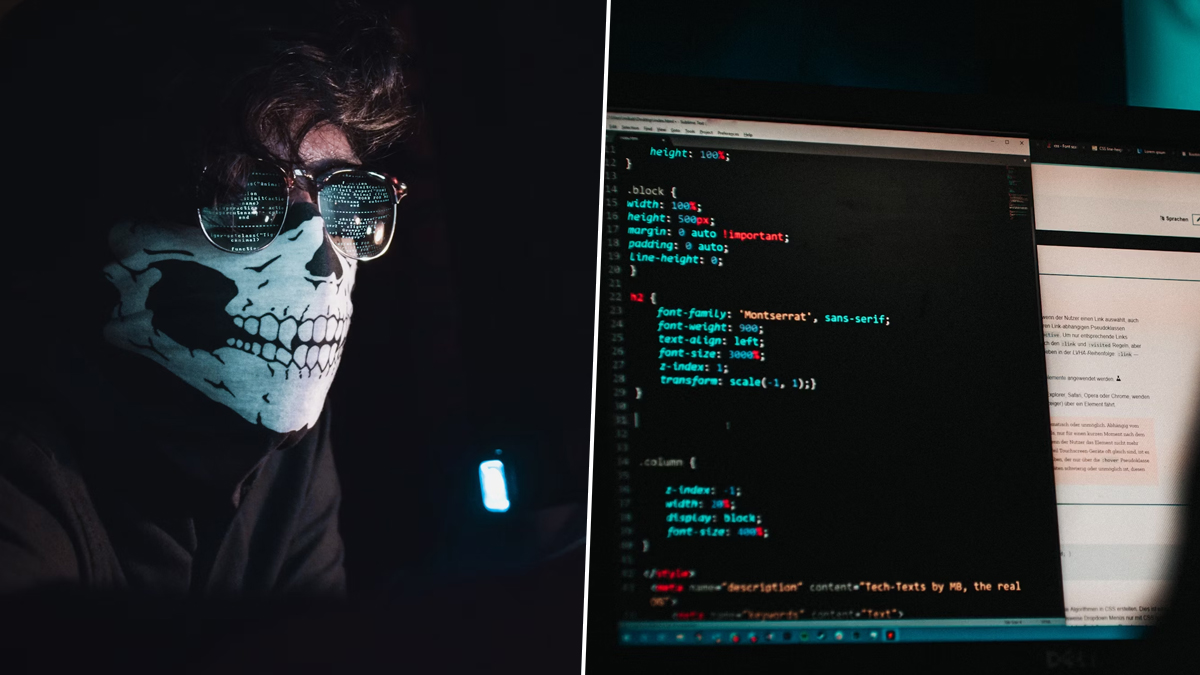- TECHSWU
- Posts
- TECHSWU #117
TECHSWU #117

In the wake of AI advancements like Chat GPT, the question looms: will these technologies replace human jobs? The article by Jayakhosh Chidambaran explores the impact of AI across various sectors, suggesting that while innovation breeds new opportunities, it also poses a significant threat to established roles—especially for high-skill professions educated in creativity and problem-solving. Major tech firms are automating to stay competitive, leaving traditional businesses scrambling to adapt.
Economist Maynard Keynes' concerns about "technological unemployment" resonate today, as AI could displace millions by 2030, according to various studies. While AI offers incredible benefits and could foster a new economic order, it brings a risk of increased inequality and job loss, challenging society to find ways to balance technological advancement with human needs.

Get ready for a game-changer! On October 28, Apple is set to unveil its much-anticipated AI-powered features, branded as Apple Intelligence, alongside M4 devices, as part of a new flexible launch strategy. This shift signifies Apple's commitment to adapting to market dynamics, moving away from their traditional product release schedule to enhance user experiences.
Featuring improved Siri functionalities, smart writing tools, advanced photo editing, and visual intelligence, the AI rollout will support devices with M-series chips—including the iPhone 16 series and various iPads and Macs. Mark your calendars: on November 1, Apple plans to launch a lineup of M4-powered gadgets, including upgraded MacBook Pros and Mac minis.
With this new approach, Apple aims to deliver products that truly meet customer needs, promising fewer delays and more frequent upgrades.

Elon Musk is taking the digital bull by the horns, filing a lawsuit against OpenAI and its co-founders, Sam Altman and Greg Brockman. Musk, a key player in OpenAI's inception, claims the company has strayed from its nonprofit roots and is now a profit-driven entity after partnering with Microsoft, which has invested a staggering $13 billion.
The lawsuit alleges that the original agreement mandated OpenAI to keep its technology “freely available” to the public, a promise Musk feels has been broken. Despite stepping down from the board in 2018, Musk has invested over $44 million into the organization, expressing concerns about its changing priorities.
While Altman defends their actions as beneficial, Musk aims to realign OpenAI with its foundational mission.

Meta has unveiled Movie Gen, a groundbreaking AI tool that transforms text prompts into vibrant videos and music. With an impressive 30 billion parameters, this innovative technology can produce 16-second HD clips utilizing a dataset of one billion images and 100 million videos.
But that's not all—Movie Gen Audio, boasting 13 billion parameters, crafts sound effects and music tailored to your text instructions, having trained on one million hours of audio content. This AI marvel creates animated characters and realistic scenes, seamlessly syncing sound elements with the video's rhythm.
While excitement builds around Movie Gen, Meta assures users they’re prioritizing safety and reliability, delaying the release until they can guarantee a secure experience.

Maya, the FinTech startup, is on an ambitious trajectory that could soon elevate it from a fledgling company to a stock market sensation. With its innovative financial services tailored to meet the needs of a rapidly evolving digital economy, Maya has garnered attention from investors and industry experts alike.
As it gears up for potential public offering, the spotlight is on whether this agile startup can sustain its growth momentum amidst growing competition and market challenges. While the FinTech landscape is rife with uncertainties, Maya is poised to leverage its cutting-edge technology and strategic vision to navigate the complexities ahead.

Advocacy groups have hit pause on the use of the controversial "suicide capsule," the Sarco, amid a Swiss criminal investigation into the first recorded death associated with it. Convicted of assisting a 64-year-old woman from the U.
S. Midwest in September, the device's promoter, Florian Willet, is currently in pretrial detention.
The Sarco was designed to provide a “peaceful” end by delivering nitrogen gas in a sealed chamber, but its first use has ignited a fierce debate about assisted suicide laws in Switzerland, which allow such practices under strict conditions. With over 370 applications halted, debates on legality and ethics are heating up.
In a society where end-of-life choices are becoming increasingly complex, the incident raises urgent questions about dignity in death and the responsibilities that accompany it.


In a bold move, Montana lawmakers have passed a bill to ban TikTok statewide, marking a significant escalation in the ongoing debate over the popular app's ties to China. Known as SB 41, the legislation aims to prevent app stores like Apple and Google from offering TikTok for download.
The House's decisive 54-43 vote sends the bill to Governor Greg Gianforte, who will review it before deciding its fate. TikTok has decried the potential ban, claiming it threatens the livelihoods and First Amendment rights of its users in Montana.
As concerns mount over data privacy and Chinese influence, this ban reflects a growing trend across the U.S.
about the future of the social media giant. How this will unfold remains uncertain, but one thing is clear: TikTok's battle for survival in the U.
S.

A group of Chinese hackers known as "Salt Typhoon" has reportedly infiltrated major U.S.
telecom companies, including Verizon, AT&T, and Lumen Technologies. Their audacious target? Federal wiretapping data.
This breach highlights the growing vulnerability of critical infrastructures to cyber threats and raises concerns about national security. The implications of such access could be profound, as sensitive government communications may be at risk.
As tech giants and cybersecurity firms scramble to shore up defenses, this incident serves as a stark reminder of the ever-evolving cyber landscape and the necessity for vigilance.
Join the Bluffton Lions Club for an enlightening discussion on Artificial Intelligence! On October 15th at noon, Courtnee R. Morris, Technology Coordinator for Bluffton Exempted Village Schools, will take the stage at Bluffton Town Hall.
With an impressive background that includes teaching, coaching, and even being an ordained minister, Morris brings a wealth of knowledge and experience to this engaging topic. Originally from Dunkirk, Ohio, he's made remarkable strides in education, earning his Ph.
D. in Instructional Design and Technology.
This event isn't just for Lions members—it's open to the public, so don't miss the chance to learn more about AI's impact and potential.

Exciting news for gamers: Assassin's Creed Mirage is finally heading to Steam this October! Following its initial launch on console and mobile platforms, this engaging action-adventure game is set in the vibrant backdrop of 9th-century Baghdad. Ubisoft celebrated its first anniversary with an announcement on social media, expressing enthusiasm to welcome new players into this back-to-the-roots experience.
Dive into the thrilling narrative as you follow the story of Basim, a clever street thief turned assassin. While fans eagerly wait for the exact release date, they can start wishlisting the game now.
Plus, there’s more on the horizon, as Ubisoft plans to release future titles like Assassin's Creed Shadows on Steam from day one.

In a bold move, Silicon Valley tech giants are adopting "silent layoffs" to streamline their workforce, compelling employees to remain tight-lipped about their terminations while seeking new jobs elsewhere. This stealthy strategy is coupled with a work-from-office mandate, further reflecting the changing dynamics of corporate culture in the tech landscape.
Companies are finding discreet ways to cut costs and reshape their teams without the fanfare typically associated with layoffs. As the industry navigates uncertain economic waters, employees face a challenging landscape where job security feels increasingly tenuous.
Meanwhile, on a brighter note, innovations in technology continue apace, from AI-driven safety enhancements in aviation to exciting new features in messaging apps. The tech landscape is certainly evolving, with both challenges and opportunities on the horizon.

Excitement is brewing for the upcoming Google Pixel 9a, set to hit the market in May 2025! This mid-range marvel will feature fresh aesthetics, debuting in four vibrant colors: Iris (a cool bluish-purple), Peony (a charming pink), classic Obsidian (black), and elegant Porcelain (white). The Pixel 9a sports a revamped, slimmer design that’s taller than its predecessor, the Pixel 8a, with a sleek, flush-mounted camera housing.
It’ll be powered by the powerful Tensor G4 processor and run on Android 15, promising extensive software support. This device is poised to continue Google’s tradition of reliable, stylish mobile technology.
